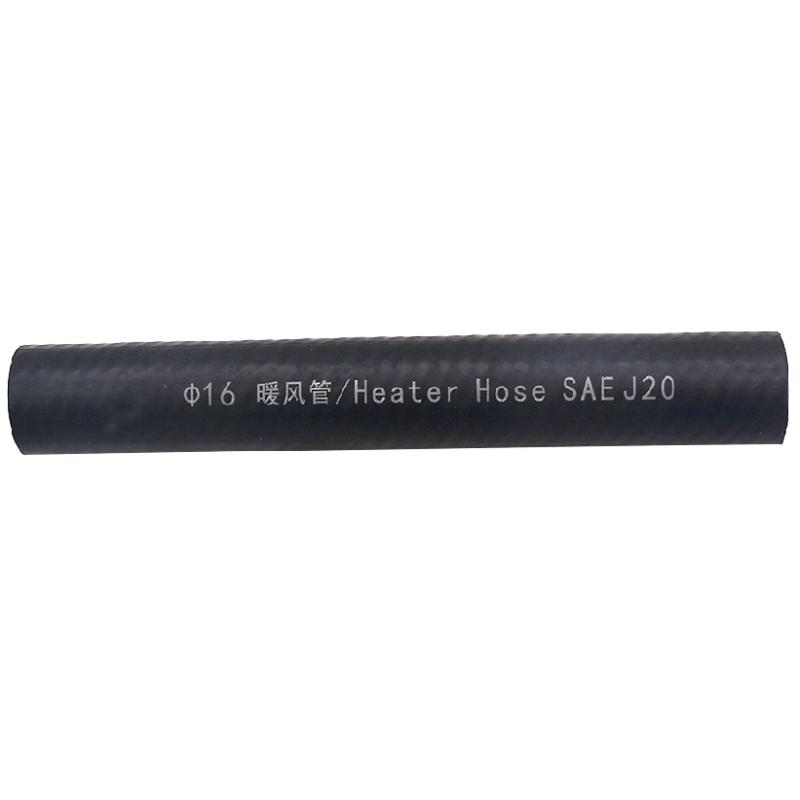Versatile fuel lines for a variety of applications including automotive and industrial use.
Jul . 11, 2024 12:42 Back to list
Versatile fuel lines for a variety of applications including automotive and industrial use.
Flexible fuel hoses are a crucial component in many vehicles that are equipped to run on alternative fuels like ethanol blends, biodiesel, or gasohol. These hoses are designed to handle the unique properties of these fuels, including their corrosive nature, high temperatures, and compatibility with different materials.
One of the key features of flexible fuel hoses is their ability to withstand the harsh conditions that alternative fuels can create. Ethanol, for example, can be particularly corrosive to certain materials commonly used in traditional fuel hoses. Flexible fuel hoses are made with specialized materials that can resist the corrosive effects of alternative fuels, ensuring they remain durable and reliable for extended periods.
In addition to their resistance to corrosion, flexible fuel hoses are also designed to withstand high temperatures. Alternative fuels like ethanol blends can burn at higher temperatures than conventional gasoline, putting additional strain on fuel system components. Flexible fuel hoses are engineered to handle these elevated temperatures without degrading or breaking down, ensuring the safe and efficient operation of the vehicle.
Furthermore, flexible fuel hoses are specifically formulated to be compatible with a range of materials commonly found in fuel systems

flexible fuel hose. This compatibility is essential to prevent leaks, cracks, or other issues that can arise from using incompatible materials. Flexible fuel hoses are constructed with materials that are resistant to swelling, cracking, or deterioration when exposed to alternative fuels, ensuring they maintain their structural integrity over time. Another important aspect of flexible fuel hoses is their flexibility, which allows them to bend and twist without compromising their performance. This flexibility is essential in vehicles where space is limited or where the fuel system components are located in hard-to-reach areas. Flexible fuel hoses can be easily routed around obstacles and through tight spaces, making them versatile and adaptable for a wide range of applications. In conclusion, flexible fuel hoses play a critical role in ensuring the safe and efficient operation of vehicles running on alternative fuels. Their resistance to corrosion, high temperatures, compatibility with different materials, and flexibility make them an essential component in modern fuel systems. As the demand for alternative fuels continues to grow, the importance of flexible fuel hoses in maintaining the reliability and performance of these vehicles will only increase.

flexible fuel hose. This compatibility is essential to prevent leaks, cracks, or other issues that can arise from using incompatible materials. Flexible fuel hoses are constructed with materials that are resistant to swelling, cracking, or deterioration when exposed to alternative fuels, ensuring they maintain their structural integrity over time. Another important aspect of flexible fuel hoses is their flexibility, which allows them to bend and twist without compromising their performance. This flexibility is essential in vehicles where space is limited or where the fuel system components are located in hard-to-reach areas. Flexible fuel hoses can be easily routed around obstacles and through tight spaces, making them versatile and adaptable for a wide range of applications. In conclusion, flexible fuel hoses play a critical role in ensuring the safe and efficient operation of vehicles running on alternative fuels. Their resistance to corrosion, high temperatures, compatibility with different materials, and flexibility make them an essential component in modern fuel systems. As the demand for alternative fuels continues to grow, the importance of flexible fuel hoses in maintaining the reliability and performance of these vehicles will only increase.
